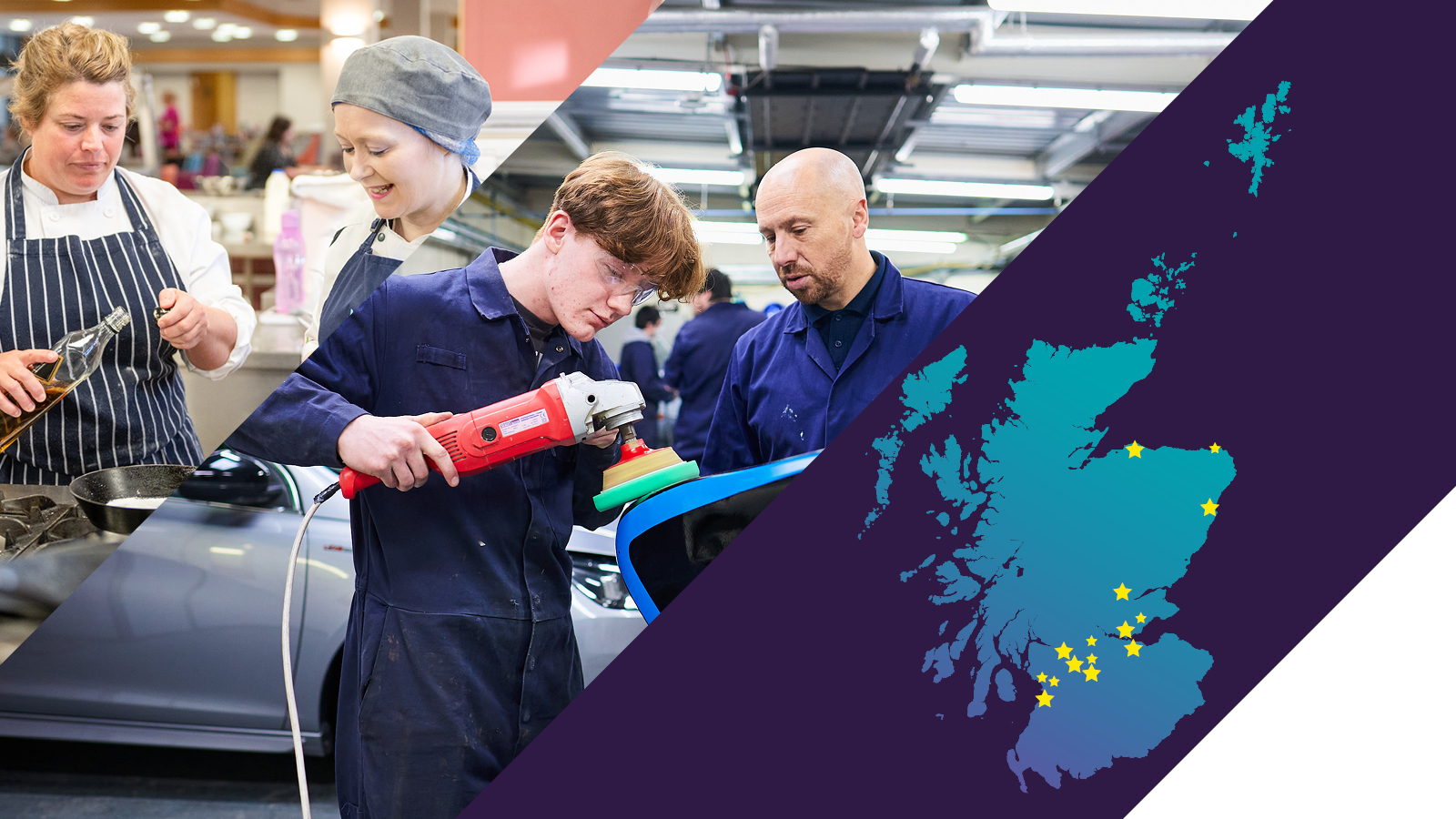SFC news published since 2018. See SFC archived content for earlier news articles.
As the WorldSkills Championships take place this week in Manchester, Michael McGuire, organising partner, looks at how the competition works and how it supports students moving into the industry.

WorldSkills supports young people across the world via competitions-based training, assessment and benchmarking, with members’ national teams ultimately testing their ability to achieve world-class standards in the biennial ‘skills olympics’. The insights we gain from training as part of this global network helps us raise standards across the UK.
To bring to life the benefits of World Skills to employers, let me give the example of Balfour Beatty, an international infrastructure group based in the UK with capabilities in construction services, support services and infrastructure investments. They support WorldSkills UK and have had a number of high-level individuals compete. The company is working with education closely to drive change to curriculum and inform academic staff of the need for innovation. They also sponsored the cyber security competition in 2022 and 2023.
Through WorldSkills UK, Balfour Beatty was introduced to Scottish competitors Minahil Nawaz and Katarzyna Rajska from New College Lanarkshire in Motherwell. Katarzyna (Kasia) was competing in the UK National Finals while Minahil (Mona) was competing internationally in Team UK in WorldSkills Special Edition Bordeaux where she achieved a Medallion for Excellence finishing 6th in the world. Balfour Beatty went on to employ both competitors as Building Information Modelling coordinators.
WorldSkills is also great for curriculum planning. Autodesk, a software corporation that makes products for architecture, engineering, construction and manufacturing approached me to create and host the first national digital construction competition in the UK. It was to be a demonstration competition, allowing educators from all over the UK to see what industry thought their curriculum should be teaching and to allow courses to benchmark against each other. They approached me as I had developed a reputation for designing and delivering innovative curricula that met the needs of industry. I have led the design and delivered the competition every year regionally and nationally since.
 And of course, participation in WorldSkills benefits the students themselves. After the national finals in November 2022, the top three ‘age eligible’ students from all over the UK were invited to join Squad UK, Daniel Chesson from London South Bank University, Isabelle Barron from Sheffield Hallam and Paul Hudson from New College Lanarkshire.
And of course, participation in WorldSkills benefits the students themselves. After the national finals in November 2022, the top three ‘age eligible’ students from all over the UK were invited to join Squad UK, Daniel Chesson from London South Bank University, Isabelle Barron from Sheffield Hallam and Paul Hudson from New College Lanarkshire.
They trained over the next year for a single place in WorldSkills Europe in Gdansk, Poland in September 2023. They trained and competed against each other every month before Isabelle Barron won her place as the single person in the skill to compete internationally against the best in Europe. Isabelle won all 7 modules, finishing with the gold medal for digital construction as well as the ‘Best in Nation’ medal for the top score in the UK.
To help improve their skills, Paul, Dan and Isabelle compete against each other until March 2024. One of them will be selected to go to Lyon in September 2024 and represent the UK in the world finals.
In 2024, the UK cycle is a squad selection year. This happens every two years, when the top three young people (international competition has an age limit of 24 for this skill) are invited to join Squad UK and train for a place in Herning 2025 and Shanghai 2026 representing their country in the international competition.
Registration opens in February, and I’d love to see as many students as possible in the UK enter.

